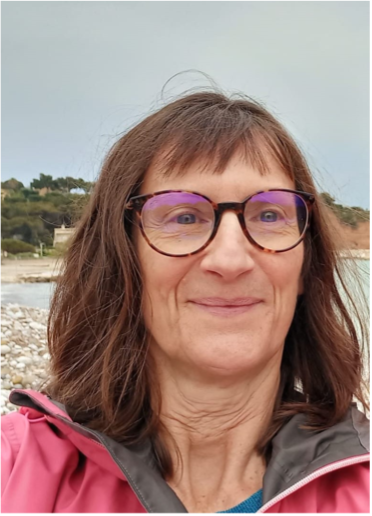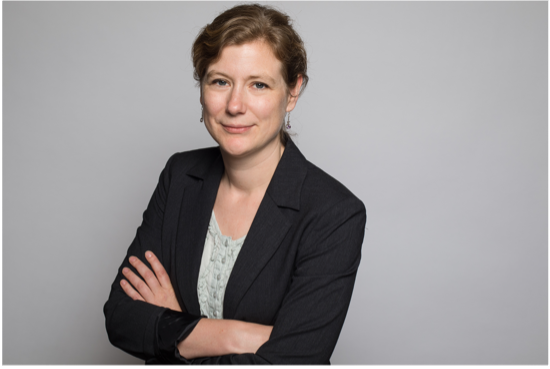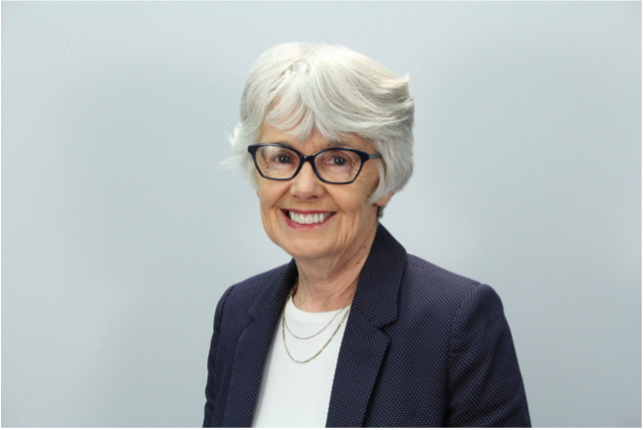Title of talk: Personal networks along life: strengths and vulnerabilities
Claire Bidart is a sociologist, research director at CNRS in Aix en Provence, France. She has been working on the dynamics of personal networks and life course. She designed and conducted a longitudinal survey, the "Panel of Caen", which followed over time the stages of entry into adult life of a population of young people re-interviewed every three years, between 1995 and 2015. The aim is to analyse the pathways and transitions to adulthood, to examine in detail the relational dynamics and changes in personal networks, and to explore the links between these different processes. Her approach combines qualitative and quantitative longitudinal methods. Her works with Michel Grossetti and Alain Degenne have resulted in the publication of the book “Living in Networks: The Dynamics of Social Relations”, Cambridge University Press, 2020, as well as various exploratory works, in particular methodological ones. She has also worked on youth, life courses, biographical temporalities, bifurcations, professional integration, the relationship to work and its evolution, and socialization processes more generally. She is currently involved in a large longitudinal panel study on the impacts of the covid 19 pandemic and confinements on social, family and professional relationships.

Title of talk: coming soon
Biography coming soon
Title of talk: Life Courses and Political Behaviour
Anette Eva Fasang is Professor of Sociology at Humboldt University of Berlin and headed a research group on Demography and Inequality at the WZB Berlin Social Science Center from 2011-2019. Before coming to Berlin she obtained her PhD from Jacobs University Bremen and conducted postdoctoral research at Yale University and Columbia University. She is a Principle Investigator of the Cluster of Excellence „Contestations of the Liberal Script (SCRIPTS)“ and the graduate training program „The Dynamics of Demographic Change, Political Processes and Public Policy (DYNAMICS)“ at Humboldt University of Berlin. Her research interests include family demography, stratification, life course sociology, comparative welfare state analysis, and quantitative methods for longitudinal data analysis.

Title of talk: New Directions in Research on Well-Being: It's time to consider differences in life histories.
Jacqui Smith is a Professor of Psychology and a Research Professor in the Survey Research Center and the Research Center for Group Dynamics in the Institute for Social Research. After completing her PhD in Australia, she was a research scientist in the Max Planck Institute for Human Development in Berlin from 1984 to 2006. In Berlin, from 1989 onwards, she was Co-Director of the Psychology Unit of the Berlin Aging Study (BASE), a multidisciplinary intensive longitudinal study of the 70+ population. When she moved to the University of Michigan in 2006, she joined the Health and Retirement Study (HRS) as a Co-PI, to lead the Psychosocial Aging component of this nationally representative study of the US population over age 50. She is also PI of NIH/NIA-funded projects affiliated with HRS on subjective wellbeing and the role of individual life histories on trajectories of late-life cognitive aging.


